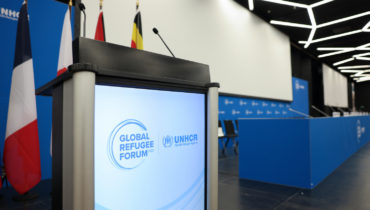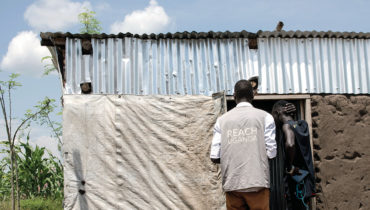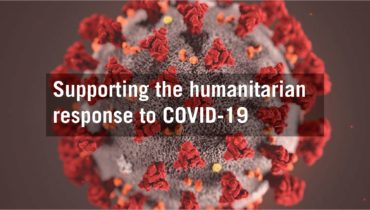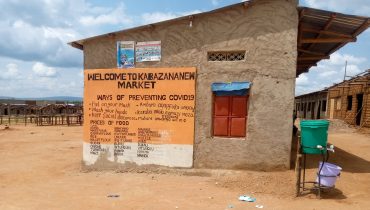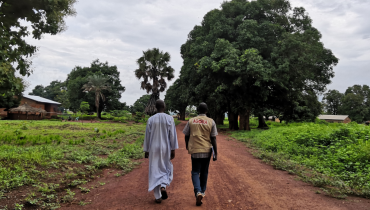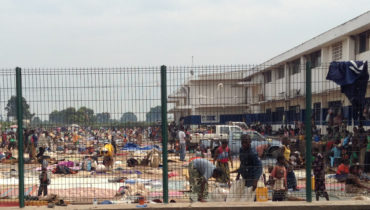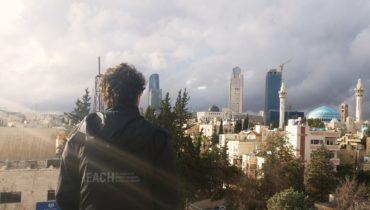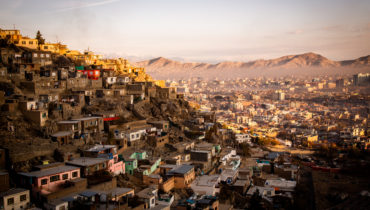Kampala, Munich, Sweden and Strasbourg – AGORA supports municipalities at the forefront of refugee response
20 August 2018
Surrounded by countries facing political instability, Uganda has become the primary destination for refugees fleeing conflict and insecurity in South Sudan, Burundi and the Democratic Republic of the Congo. Today, Uganda hosts the largest number of refugees on the African continent, and these developments have been felt in Kampala, the country’s capital. The political, social and economic center of Uganda is facing mounting challenges as already overburdened basic services are further strained by the needs of the rising population of refugees and rural migrants.
To support a durable response to the growing demands faced by refugee-hosting cities like Kampala, AGORA launched a project under the leadership of the Kampala Capital City Authority (KCCA), and with the support of EU Humanitarian Aid. The goal of the project is to provide a better understanding of the needs as well as the access and barriers to services in refugee-hosting neighborhoods in Kampala through the sharing of best practices and the collection of timely data. By these means, the project aims to support the KCCA in the development of an evidence-based municipal strategy for refugee integration.
As part of this collaboration, a delegation of the KCCA set on an exposure visit to Sweden and Germany organized by AGORA. The delegation was headed by Ms. Jenifer Musisi, the Executive Director of KCCA, and provided the KCCA the possibility to engage with municipal counterparts leading refugee integration efforts in their respective contexts. The meetings provided the KCCA delegation the opportunity to reflect, compare and contrast the integration and response models of Stockholm and Sodertalje, Sweden, and Munich, Germany. Hosts in both countries echoed a similar understanding of the challenges faced by municipalities: refugees come in cities to stay, and response needs to be priorities accordingly, using the systems that already exist.
As part of the visit, Ms. Musisi shared Kampala’s experience at the Executive Bureau of United Cities and Local Governments (UCLG) in Strasbourg, France. In her remarks, Ms. Musisi emphasized that, in an urban context, assistance strategies and humanitarian responses need to involve the local government. It is the municipalities who will need to lead both post-crisis and long-term integration of refugees to the urban fabric.
AGORA will continue to support KCCA in developing a strong model for refugee integration, while fostering linkages and sharing of practices with refugee-hosting municipalities in Europe and beyond.


